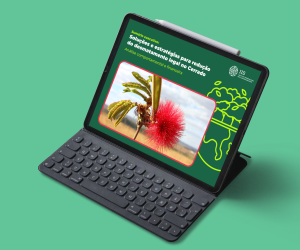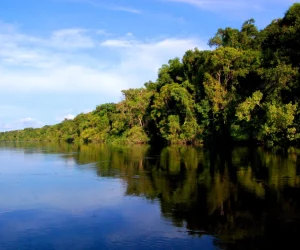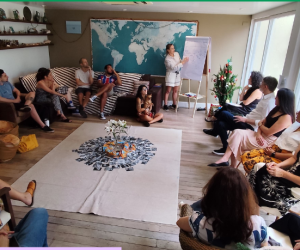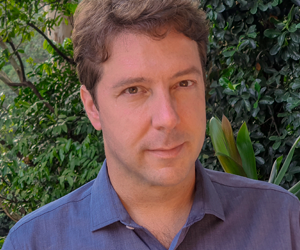News > Clipping
16.01.23
The cerrado seen from a 4-wheel drive
What drives farmers in one of Brazil’s most productive agricultural regions to make decisions about land use? And what are the decisive factors when they choose to expand their crops or voluntarily conserve an area of native vegetation on their property? Entitled “Behavioral sciences applied to the sustainable soy chain”, the project coordinated by the International Institute for Sustainability (IIS) and carried out in partnership with the Center for Conservation Sciences and Sustainability (CSRio) at the Pontifical Catholic University of Rio de Janeiro (PUC-Rio), with support from the Land Innovation Fund, set out to hear from farmers in the Matopiba agricultural frontier to understand the criteria they use to adopt good agricultural practices in the field.
The first stage of the project is already complete. Researcher Fernanda Gomes and field assistant Wallas Calazans explored more than 15 thousand km2 in a 4-wheel-drive vehicle through the Cerrado biome areas of the four Brazilian states – Maranhão, Tocantins, Piauí, and Bahia, which form the acronym Matopiba – to interview 60 farmers in the region. The data will be the basis for an unprecedented behavioral science study to map out financial incentives and public policies that interact with the concerns, needs, and challenges of farmers in the agricultural frontier that is making the greatest encroachment into Brazil’s remaining areas of native vegetation. The results of their analysis will be published by mid-2023.
Article published by “Land Innovation Fund” on January 16, 2023.










